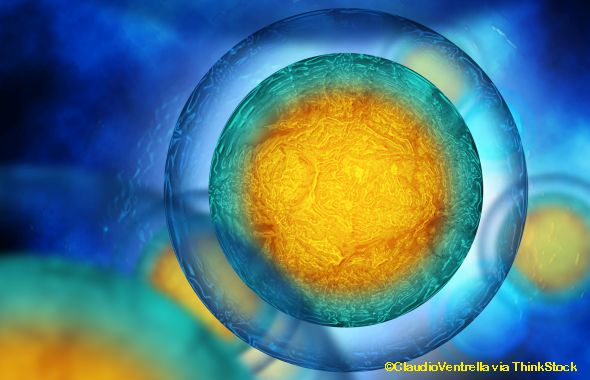The Ethics of Early Embryo Research & the Future of the 14-Day Rule

For over 35 years, the “14-Day Rule,” prohibiting in vitro experimentation on embryos beyond 14 days, stood as an ethical line in the sand for embryo research around the world. Throughout the arc of the rule’s existence it had not been questioned, as scientists had been unable to grow embryos in vitro either up to, or beyond, 14 days; a practical limitation that served as a backstop to the ethical rule. However, in May 2016, labs in the U.S. and the U.K. were the first to report being able to sustain human embryos in vitro for up to 13 days. This development and other advances in in vitro research involving organized, embryo-like cellular structures raised a number of questions about the rule, its genesis, application, and future scope. This conference convened experts in bioethics, stem cell research, embryology, and law to discuss the ethical underpinnings and future scope of the rule. Questions discussed included:
- What are the historical, ethical and scientific rationales for establishing the 14-Day Rule?
- Should the 14-Day Rule be revisited in light of recent advances?
- Should the 14-Day Rule even apply to research involving the in vitro culture of embryo-like cellular structures?
Agenda
3:00pm, Introduction
- Robert D. Truog, MD, Professor of Medical Ethics, Anaesthesiology & Pediatrics and Director of the Center for Bioethics, Harvard Medical School
3:05 – 3:45pm, Historical and Ethical Underpinnings of the 14-Day Rule in the U. S. and the U. K.
- Insoo Hyun, PhD, Associate Professor of Bioethics and Philosophy, Department of Bioethics and Director, CWRU Stem Cell Ethics Center, Case Western Reserve University
3:45 – 4:45pm, Advances in Human Developmental Biology In Vitro
- Gist Croft, PhD, Research Associate, Laboratory of Stem Cell Biology and Molecular Embryology, Rockefeller University
- George Church, PhD, Professor of Genetics, Harvard Medical School; Director, PersonalGenomes.org and John Aach, PhD, Lecturer, Harvard Medical School
4:45 – 5:05pm, Break
5:05 – 6:30pm, Panel Discussion: Future Scope of the 14-Day Rule
- David DeGrazia, PhD, Senior Research Fellow, Department of Bioethics, National Institutes of Health (U. S.) and Professor of Philosophy, George Washington University
- Hank Greely, JD, Deane F. and Kate Edelman Johnson Professor of Law, Stanford Law School; Professor (by courtesy) of Genetics, Stanford School of Medicine; Director, Center for Law and the Biosciences, Stanford Law School
- Roger Pedersen, PhD, Professor, Department of Surgery and Cambridge Institute for Medical Research, Cambridge University
- Mahendra Rao, MD, PhD, Senior Scientific Advisor, The New York Stem Cell Foundation
- Moderator: Insoo Hyun, PhD, Associate Professor of Bioethics and Philosophy, Department of Bioethics and Director, CWRU Stem Cell Ethics Center, Case Western Reserve University
This event was free and open to the public.
Learn More
Report
- Read the full report based on this event “Ethical Issues Related to the Creation of Synthetic Human Embryos”
Publications
- John Aach, Jeantine Lunshof, Eswar Iyer, George M. Church, “Addressing the ethical issues raised by synthetic human entities with embryo-like features,” eLife (March 21, 2017).
Slides
- George Church and John Aach, “Stem Cells, Engineered Tissues, and Synthetic Embryo-Like Entities”
- Gist Croft, “Self-organization of the in vitro attached human embryo and its implications”
- Insoo Hyun, “The 14-Day Rule: Historical and Ethical Underpinnings”
- Mahendra Rao, “The 14-Day Rule”
Recording
This event was sponsored by the Harvard University Office of the Vice Provost for Research, the Edmond J. Safra Center for Ethics at Harvard University, and the Petrie-Flom Center for Health Law Policy, Biotechnology, and Bioethics at Harvard Law School, and the Harvard Stem Cell Institute, with support from the International Society for Stem Cell Research and the Center for Bioethics at Harvard Medical School.